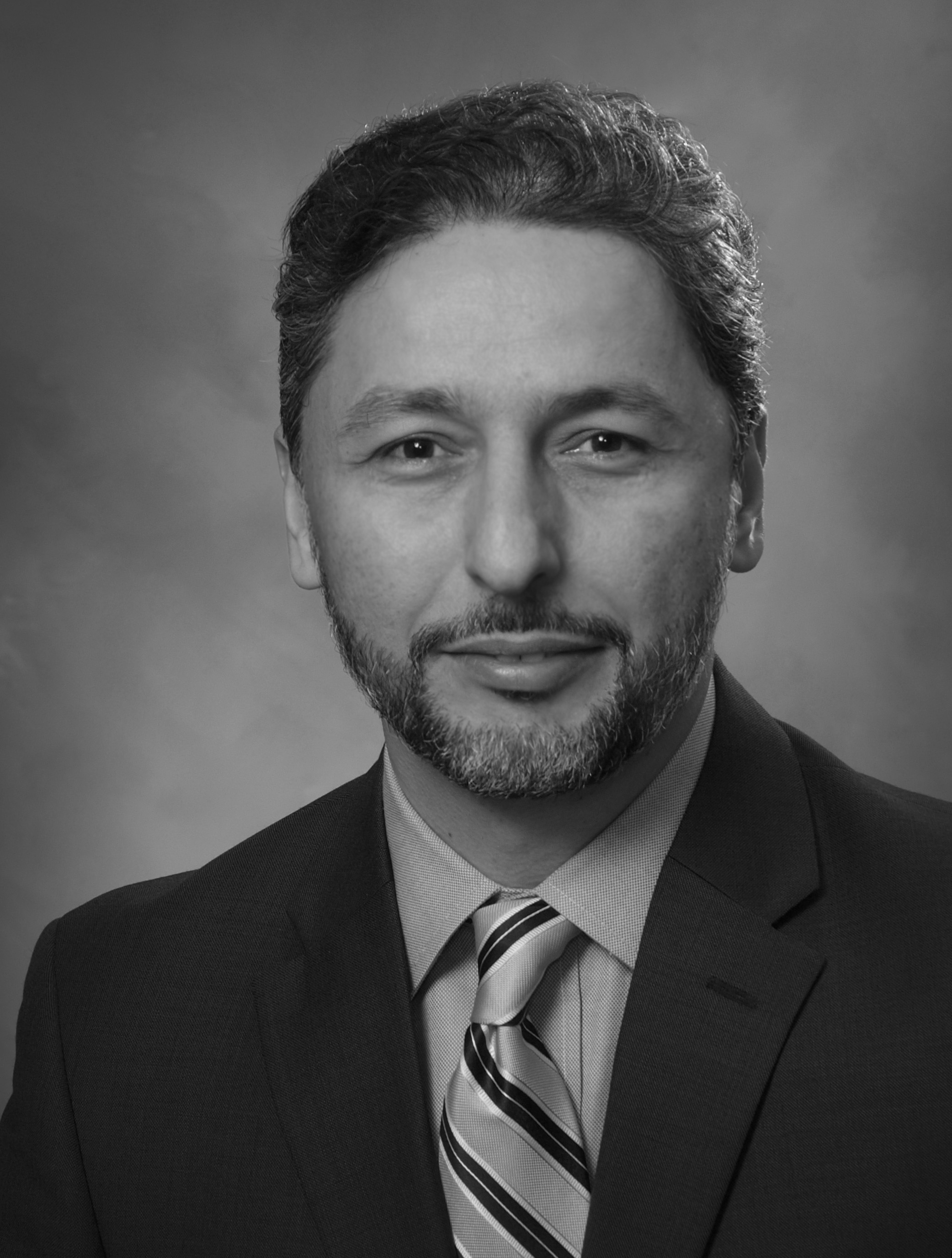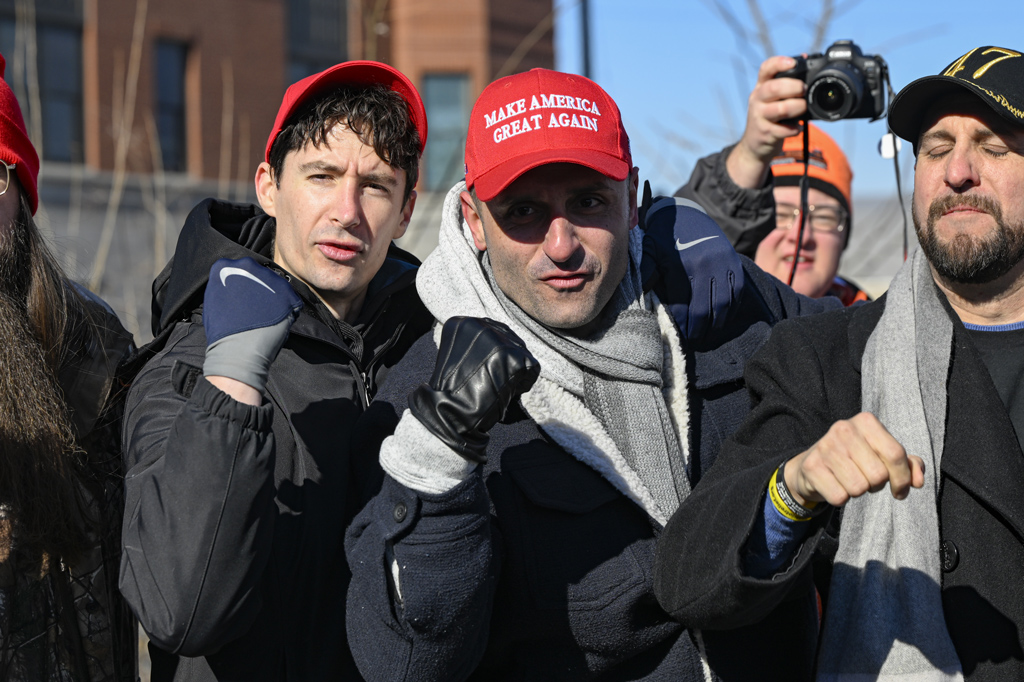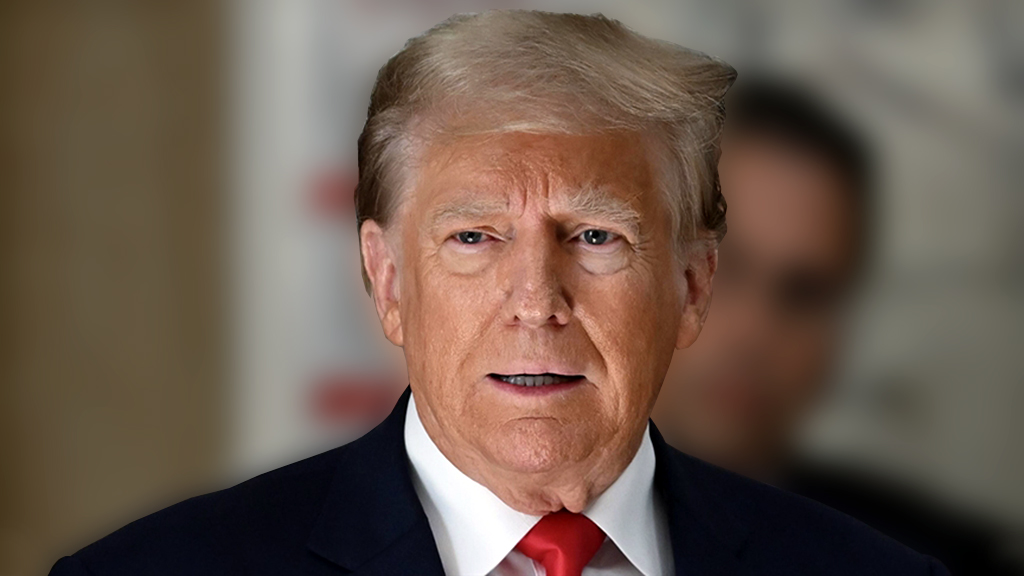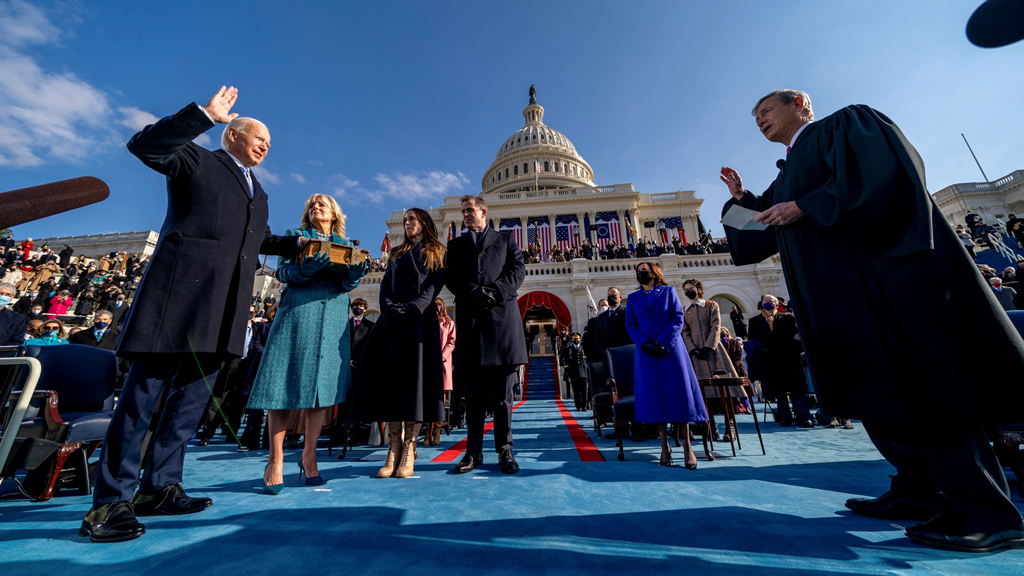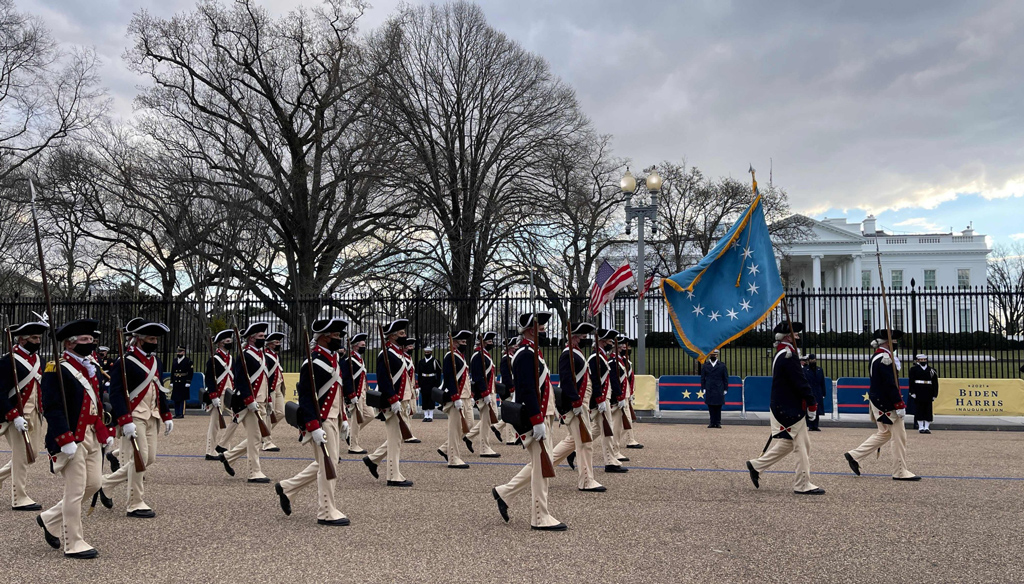One of President Trump’s first actions in office was to pardon everyone involved in the January 6, 2021, Capitol riots. In doing so, Trump contradicted Vice President J.D. Vance, who just last week stated that those who used violence against law enforcement should not be pardoned. This move highlights Trump’s continued unpredictable leadership style. While the pardon signals loyalty to his supporters, it also undermines his political platform’s emphasis on “law and order” by absolving individuals who attacked police officers. Unlike his first term, Trump now wields significantly more political capital, meaning this decision is unlikely to harm him substantially. However, it appears he is willing to spend that capital early, signaling that his allegiance to “Trumpism” outweighs broader principles like law and order.
More importantly, the fact that individuals who stormed the Capitol to overturn an election through violence have been pardoned by the President reflects just how extreme political polarization in the United States has become.
Chaos as Governance
During his first term, Trump faced lawsuits, political opposition, bureaucratic resistance, and mass protests in response to many of his actions. For example, his travel ban targeting Muslim-majority countries was blocked by courts, and his foreign policy was constrained by opposition leaders who pushed for sanctions against Russia (like the CAATSA legislation) amid suspicions about his ties to Putin. Many of Trump’s directives were either ignored or watered down by Washington’s civil and military bureaucracies.
Social unrest also marked his presidency. The neo-Nazi rally in Charlottesville and the nationwide protests after George Floyd’s death fueled debates about Trump’s pandering to far-right groups and accusations of enabling racism. His confrontational approach to nearly every aspect of the political system and his chaotic management style defined a tumultuous presidency, culminating in the January 6 Capitol riots, the chaotic apex of his first term.
“Hang Mıie Pence” Chants
Trump’s refusal to acknowledge Joe Biden’s 2020 election victory and his insistence on election fraud being the only possible explanation for his loss were central to his campaign rhetoric. He frequently criticized mail-in voting, implemented as a pandemic measure, claiming it compromised election integrity. After failing to overturn state certifications in Biden’s favor, Trump zeroed in on January 6, 2021, the day Congress was set to certify the results.
He pressured his own Vice President, Mike Pence, to reject the certification and send the results back to the states, publicly attacking Pence when he refused. The chants of “Hang Mike Pence” from Trump’s supporters during the Capitol attack were a grim indicator of the day’s volatility. The riot, fueled by both grassroots supporters and more organized groups, left a black mark on American political history. Despite calls to charge Trump with inciting insurrection, the Department of Justice hesitated, leaving Trump’s path to a 2024 candidacy clear. By the time legal proceedings could have gained traction, the election cycle was already underway, making such actions politically unfeasible.
The Politics of January 6
Many believed the Capitol riots would spell the end of Trump’s political career, but they were wrong. Trump had already survived an impeachment trial over pressuring Ukraine’s president, and the January 6 events made him the first president in history to face impeachment twice. Analysts predicting the end of Trump’s influence underestimated his grip on the Republican Party. His dominance over the party base ensured that no aspiring Republican candidate could succeed without his endorsement. Those within the party advocating for a post-Trump direction remained a minority and failed to regain control. Despite their initial condemnation of the riots, many Republican elites eventually aligned themselves with Trump, symbolically traveling to Florida to pledge their loyalty.
In his 2024 campaign, Trump capitalized on issues like inflation and border security while portraying himself as a victim of political persecution. By refusing to attend Biden’s inauguration, he continued to signal that he did not recognize the legitimacy of the 2020 election. As the 2024 election drew closer, Trump maintained his narrative of potential election fraud but conveniently abandoned those claims once he emerged victorious, framing his win as the restoration of a presidency stolen from him.
For Trump, the January 6 rioters represented loyal, innocent Americans who had been wrongfully punished. By pardoning them, he fulfilled an expectation among his base, but extending this clemency to individuals who committed acts of violence sent a clear message: disruptions to public order are acceptable, as long as they are done in his name. This decision essentially validated Trump’s narrative that the 2020 election was stolen, with Republican lawmakers in the House even announcing plans to form a new committee to investigate the events further. Trump’s willingness to politicize January 6 underscores his commitment to energizing his supporters, but it is clear that this approach will only deepen the country’s already severe political polarization.
